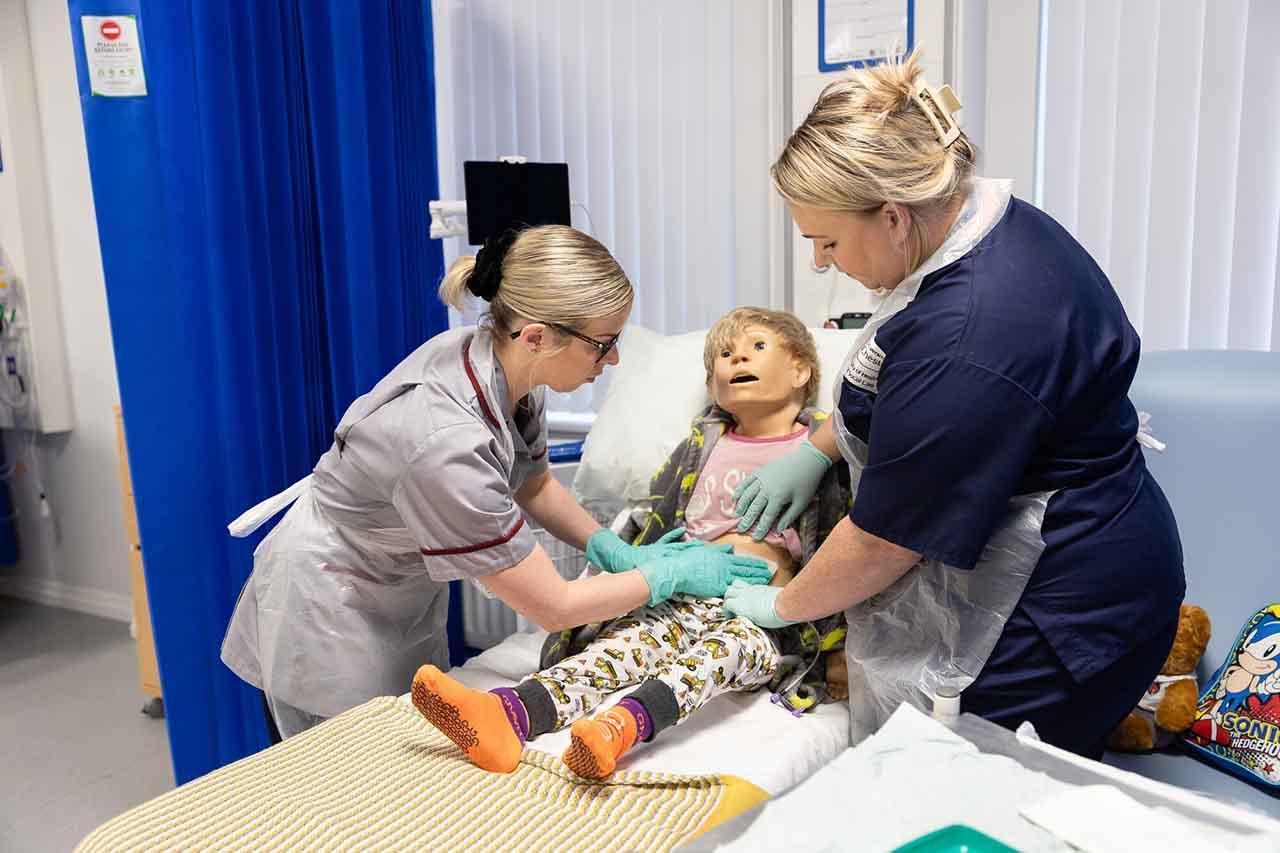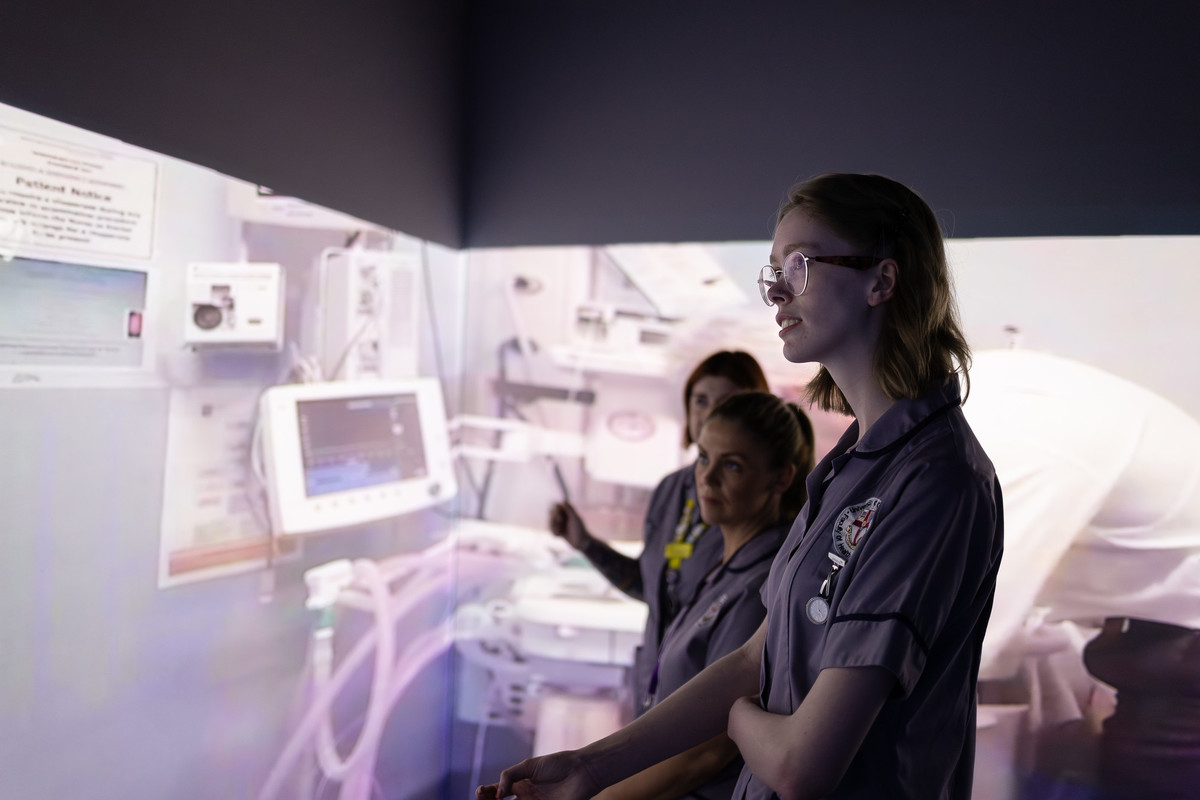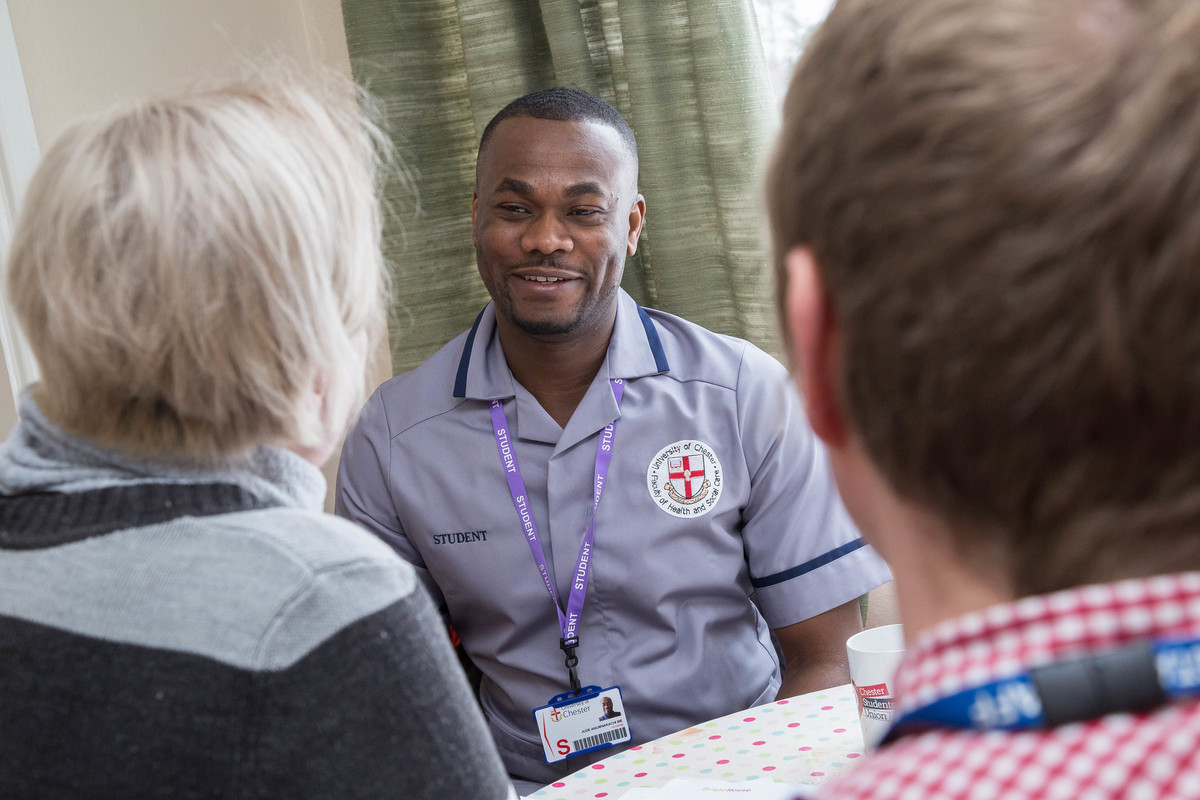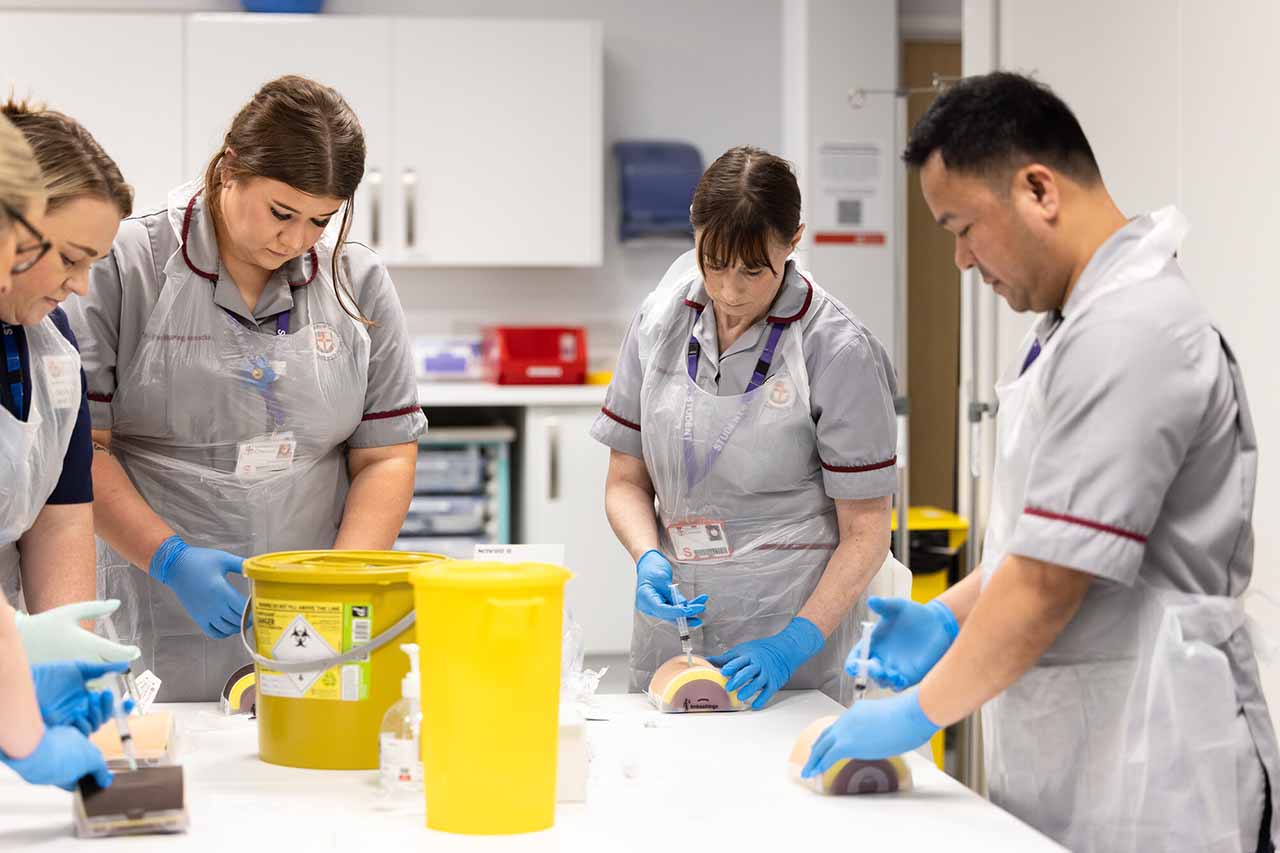Essential
- Applicants must be employed full-time with a health or social care employer. Evidence of working within care would be beneficial.
- GCSE Maths and English at Grade C (4) or accepted equivalent such as Functional Skills.
- You will be expected to undertake an enhanced DBS check as part of your conditional offer requirements.
- The employer/current manager will be required to evidence that the applicant has received an occupational health assessment prior to starting the programme.
- Accreditation of prior learning will be considered in accordance with University, Apprenticeship and Professional Body requirements.
Safeguarding / Suitability
All successful candidates who receive an offer of a place for this course and choose the University of Chester as their Firm choice will be required to undergo checks with regards to their suitability to practice.
A couple of months prior to admission to this course, the University will contact you to request that you complete a self-declaration form detailing any relevant convictions or other information that you believe may have an impact upon your ability to undertake work with children or vulnerable adults. You will also receive instructions on how to complete an online application for a Disclosure and Barring Service (DBS) check through the University as a registered body, there will be a charge for this.
Please note that the University does not accept previous DBS checks from other registered bodies or the update service.
For details about the cost of the DBS and for further information, please visit our DBS web pages.
Other requirements
- Applicants meeting the entry requirements will be shortlisted for a values-based interview in line with NMC Standards of Proficiency for Nursing Associates (2024), and the Standards for pre-registration Nursing Associate programmes (2018).











